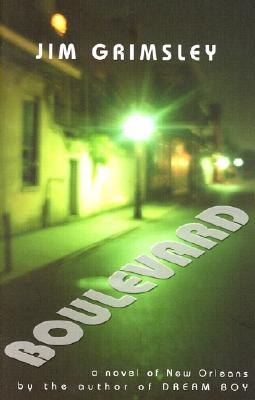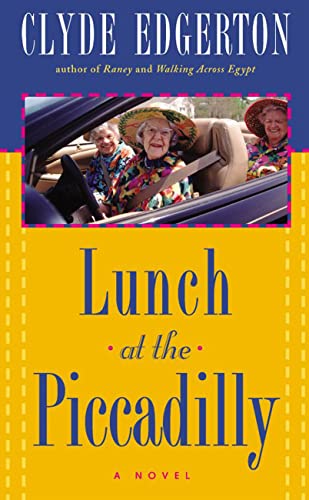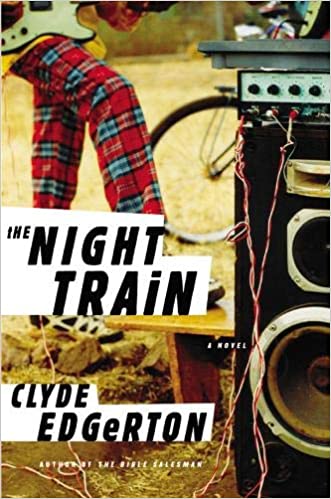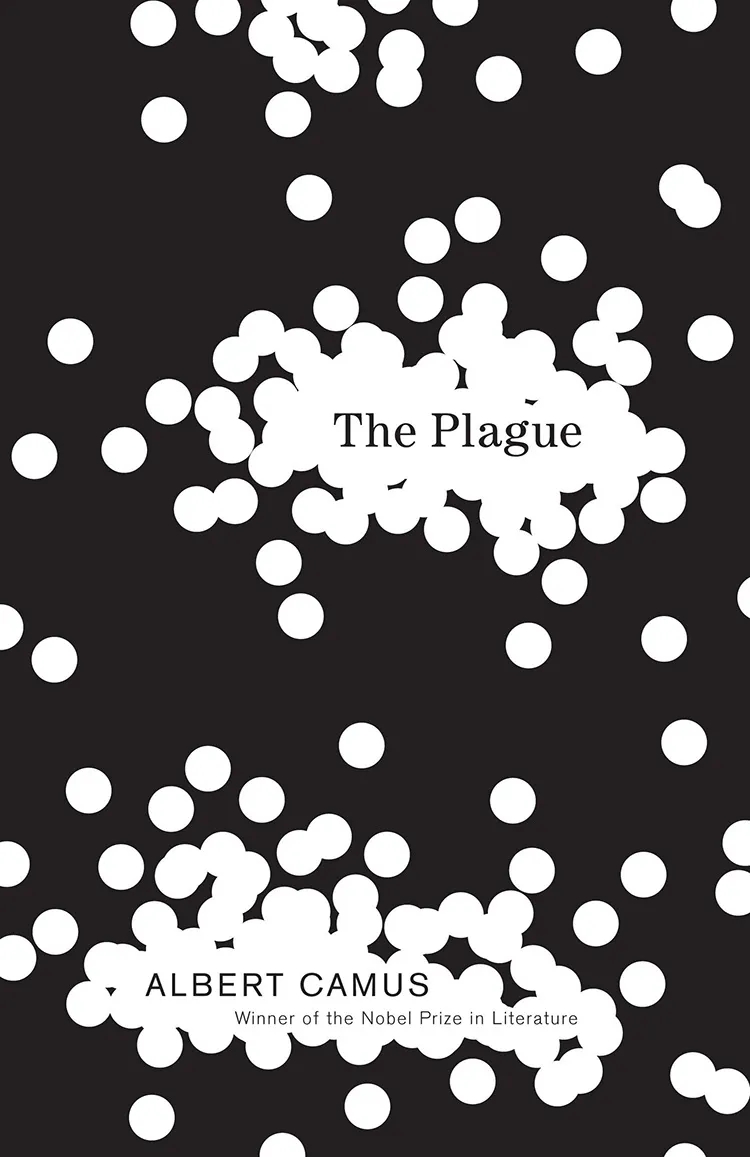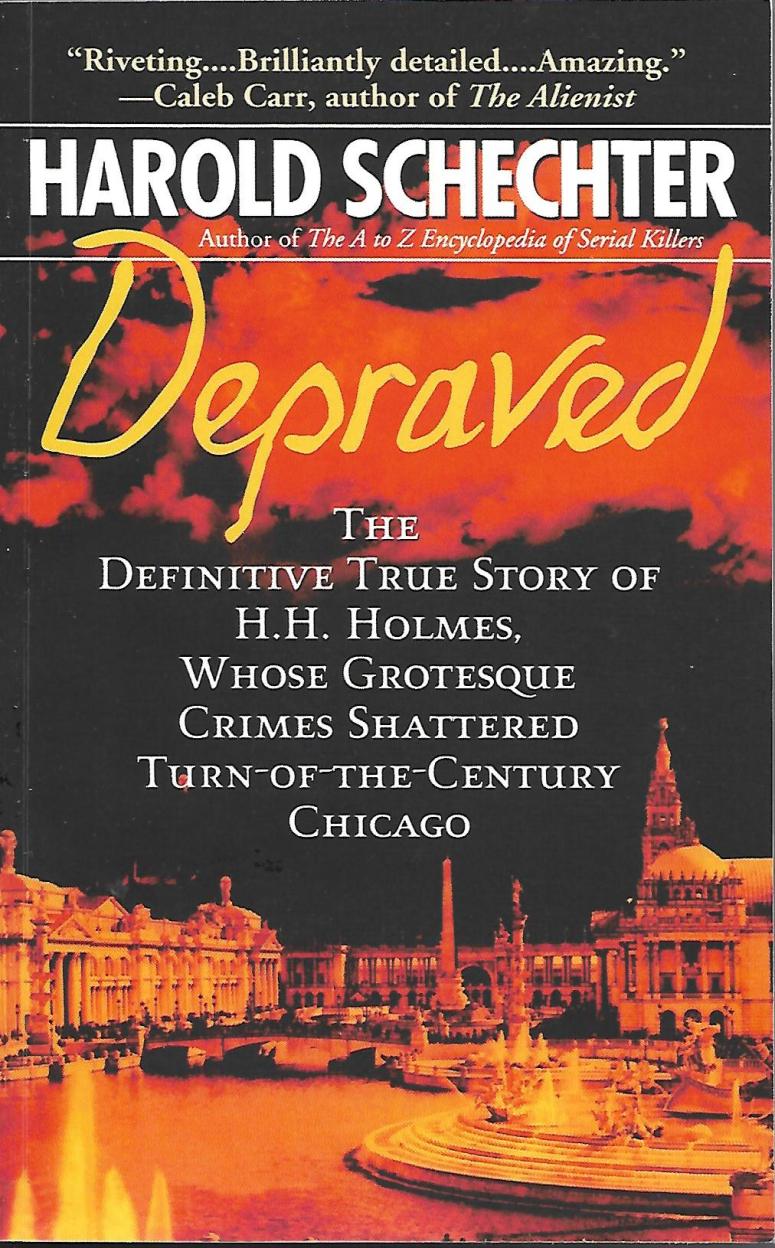The Way of All Flesh
~ A Capsule Book Review by Allen Kopp ~
English author Samuel Butler lived from 1835 to 1902. His most famous book, the novel The Way of All Flesh was first published in 1903. It is a highly regarded and influential work of English literature, number twelve on the Modern Library’s list of the hundred greatest books in English of the twentieth century.
The principal character in The Way of All Flesh is Ernest Pontifex, a middle-class youth born in 1835 to a country clergyman and his wife, Theobald and Christina Pontifex. As a father, Theobald lacks any insight into how to deal with his son Ernest. He is overbearing, unreasonable and feckless. He expects Ernest to embrace the life that he himself has laid out for him. Ernest, however, proves a disappointment to his father at every turn as he grows into manhood. He isn’t good at anything and isn’t interested in anything. He attends Cambridge University, where he achieves some kind of happiness for the first time in his life. After college, he becomes a clergyman because it’s what his father wanted him to do, but he finds after a while that he despises it. Every young clergyman needs a wife, but he would “rather be dead” than married to any of the ladies he knows.
Edward Overton is Ernest’s godfather and the narrator of the novel. He sees how Ernest’s father treats him and sympathizes with him. He admits that he doesn’t like Ernest’s parents any more than Ernest does. There are times when he is Ernest’s only friend.
As a young clergyman, Ernest decides he’d like to mix with the lower classes. He rents a room in a disreputable neighborhood and begins to rub shoulders with the hoi-polloi. He runs into some trouble with a young woman and is accused of a near sexual assault (handled in the story in a very vague way). He is sentenced to six months hard labor. On arriving at prison, however, he becomes ill with brain fever and spends most of his prison sentence in the prison hospital.
When he is released from prison, he meets a girl he knew before named Ellen. She worked for his parents. He thinks he is in love with her, but that’s only because he doesn’t know her. After they get married, he leaves the clergy and he and Ellen opened a little tailor shop. (He learned tailoring in prison.) Ernest at this time severs all connection with his parents.
Opening a tailoring ship with Ellen as his wife really wasn’t such a good idea. He learns things about Ellen that he didn’t know before. She is a drunk and thief and is drinking up all the profits. He discovers after a couple of terrible years that he and Ellen aren’t really married. She was married before and her marriage with her former husband still stands. Her marriage to Ernest is happily null and void.
Ernest’s aunt Alethea leaves him a modest fortune upon her death, but she doesn’t want Ernest to know about it (it will kill his initiative) and doesn’t want him to get the money until he is twenty-eight. He is pleasantly surprised when he turns twenty-eight and with his newly found wealth finds a measure of happiness and success as a writer.
The Way of All Flesh is unusual for its time because it’s a repudiation of Victorian values. The novel’s protagonist rejects the world he was born into. He rejects his parents’ (especially his father’s) narrow worldview. He repudiates his religion. He doubts the existence of God. He repudiates marriage. He repudiates business and the pursuit of money. It was a groundbreaking novel, but one that is not always easy to love. The story is interesting enough, but Samuel Butler frequently interrupts the story for dry philosophical asides that have nothing (very little) to do with the story. That complaint aside, it’s an interesting novel and one that is well worth the time and considerable effort it takes to read it.
Copyright © 2023 by Allen Kopp



